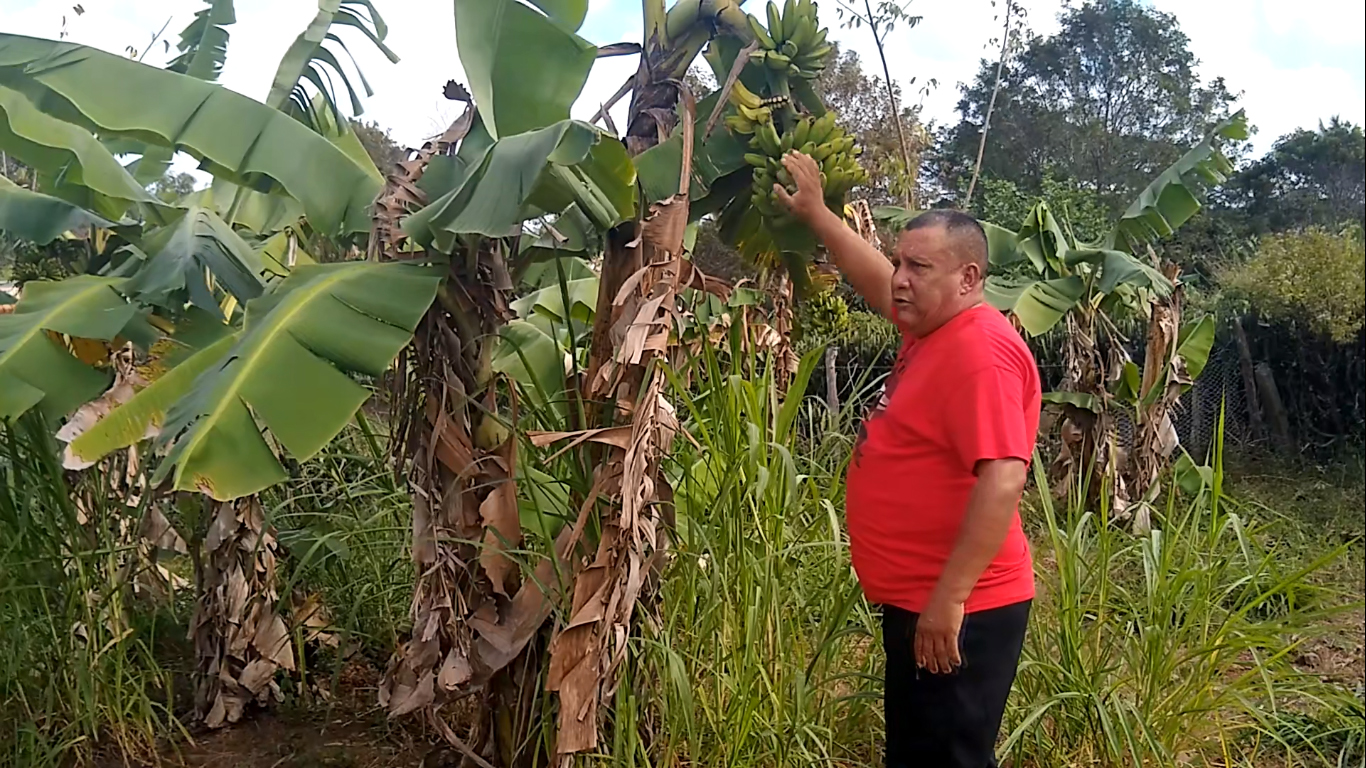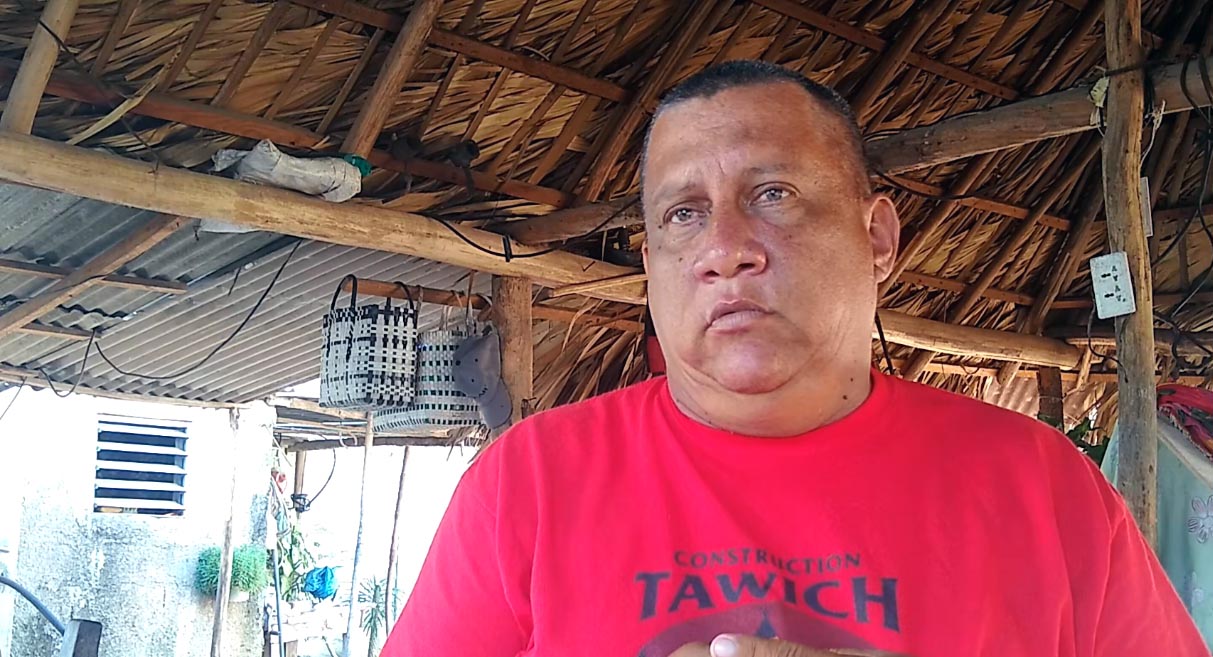
Whenever he tried to move away from the countryside and live in the city, Alcides Alonso Borrero felt uncomfortable, because his peasant origins and his family tradition dictated the awareness that it was in the mountains where he had his reason for being.
Las Tunas, Cuba.- One day he decided to become a coachman in the city of Las Tunas and then went to work in gastronomy, but the call of the countryside was always there, whispering in his ear, and he decided to return to his roots. He managed to get some land given to him in usufruct and at kilometer two and a half of the road to Jobabo, he founded the Los Alonso farm with his brother, and his life became a party.
"Here I started practically from scratch, as a pork producer, when there were still agreements with the pork company, but now, after 14 years, I am also a milk producer, which is my strongest activity, and this is what I like, I don't feel good in the city."
The Los Alonso farm belongs to suburban agriculture and is part of the Eradio Infante Credit and Service Cooperative (CSS) in the municipality of Las Tunas. Today it has more than 60 cattle, 180 pigs, horses, ducks, hens, rams, and fine roosters, which it fights at the state fence in La Veguita, where it spends its free time on Sundays. In addition, he has a self-consumption of various crops.

"I am a livestock farmer. I like to raise pigs and cattle. Every day I get up at 5:00 in the morning, because I have to watch the milking process, although I can no longer do it because I had an accident that left me with problems in my hands. But I am there alongside the milkers."
"In 2023 we deliver 600 liters of milk a month and we reach 20,000 liters in the year, and we exceed the plan by about 2,000 liters. With the pigs, I sell meat to the pigs and I also exchange it for food, we maintain the tradition that is in the family and we feel good."
"Now, there are things that slow down production, such as the high cost of the inputs we need. They pay us 25 pesos for the same milk, but the cooperative discounts us between eight and 10 percent. To give you an idea: we have to buy a pitcher from the state for five or six thousand pesos, a bucket for three thousand, a piece of rope for 1,200 pesos, and a file for 750. I think that we farmers who produce should be sold cheaper inputs, especially when we donate a good part of the food we produce to the mother's home, to the home for children without filial protection, and that is 10 times a year."
Alcides Alonso and his brother are determined to maintain the family tradition of raising pigs, amid the most difficult conditions, and as he feels like a farmer in the broadest sense of the word, milk production is among his priorities, because he knows that people who need this food depend on his farm, and this represents one of his great satisfactions.





